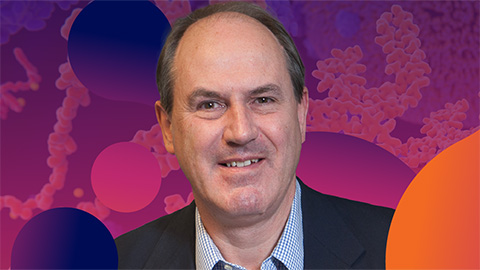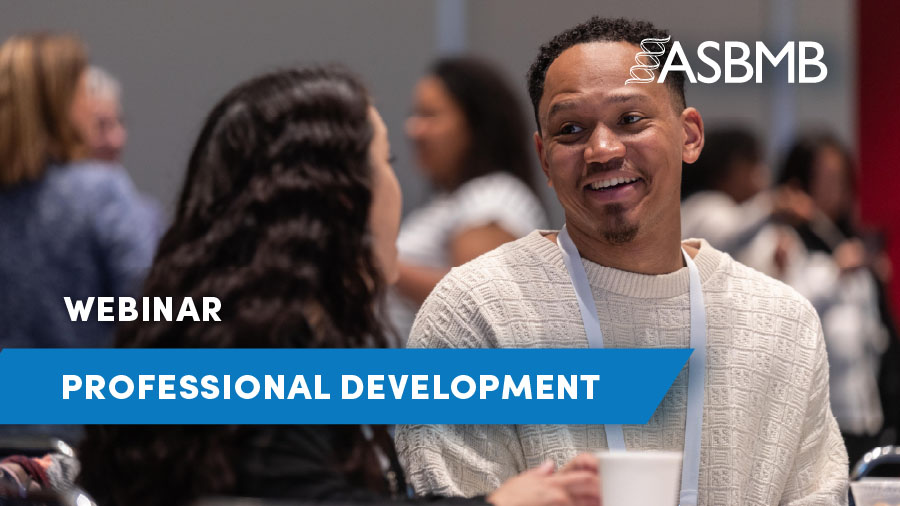These walls are worth the cost
Are you the type of person who feels comforted by being within the walls of your living space? Similar to us in our homes, cells are separated from each other by lipid membranes that also encapsulate the various collection of organelles therein. However, lipid membranes are much more than simple barriers. Different membrane-bound structures have distinct lipid compositions that confer identity, are dynamic and adaptable, communicate extensively with one another through physical contact sites, and provide an energy-rich storage depot available when times are rough. Further, like the doors and windows in your house, membrane proteins provide a means by which the two sides demarcated by a lipid bilayer can communicate.
An exciting emerging principle is that specific lipids are required for the activity of many membrane proteins. The goal of this track is to showcase the multitude of hats worn by lipids in both health and disease.
Keywords: lipids, membrane dynamics, homeostatic mechanisms, lipid metabolism, membrane proteins.
Who should attend: anyone who feels underappreciated, because that is exactly how lipids and their researchers have felt for decades; people unafraid of grease — and those who are, too.
Theme song: “Insane in the Membrane” by Cypress Hill.
This track is powered by Vaseline.
Talks
- Lipid droplet proteome dynamics and lipotoxicity — James Olzmann, University of California, Berkeley
- Mechanistic approaches towards understanding physicochemical membrane homeostasis in the endoplasmic reticulum — Robert Ernst, Saarland University
- The role of VPS13 and related proteins in glycerolipid transport at membrane contact sites — Karin Reinisch, Yale University School of Medicine
- Cold-induced lipid dynamics in thermogenic fat — Yu-Hua Tseng, Joslin Diabetes Center, Harvard Medical School
- Membrane proteins — the lipid connection — Carol Robinson, University of Oxford
- Structural basis of lipid scrambling and ion conduction by TMEM16 scramblases — Alessio Accardi, Weill Cornell Medical College
- Structural insights into TRPV channel gating — Vera Moiseenkova-Bell, University of Pennsylvania
- Cardiolipin-dependent carriers — Steven Claypool, Johns Hopkins University School of Medicine
- Seipin in lipid mobilization and lipodystrophy — Weiqin Chen, Medical College of Georgia at Augusta University
- The role of organelle contact during Chlamydia developmental cycle — Isabelle Derré, University of Virginia
- Cardiolipin exerts tissue-specific control over systemic energy homeostasis — Zachary Gerhart-Hines, University of Copenhagen
- SPTLC1 mutations associated with early onset amyotrophic lateral sclerosis — Teresa Dunn, Uniformed Services University of the Health Sciences
Enjoy reading ASBMB Today?
Become a member to receive the print edition four times a year and the digital edition monthly.
Learn moreFeatured jobs
from the ASBMB career center
Get the latest from ASBMB Today
Enter your email address, and we’ll send you a weekly email with recent articles, interviews and more.
Latest in Careers
Careers highlights or most popular articles

Decoding how bacteria flip host’s molecular switches
Kim Orth will receive the Earl and Thressa Stadtman Distinguished Scientists Award at the ASBMB Annual Meeting, March 7–10, just outside of Washington, D.C.

Defining JNKs: Targets for drug discovery
Roger Davis will receive the Bert and Natalie Vallee Award in Biomedical Science at the ASBMB Annual Meeting, March 7–10, just outside of Washington, D.C.

Upcoming opportunities
No matter where you are in your career and what future path you aspire to, everyone needs leadership skills. Join ASBMB for practical strategies for building and practicing leadership skills.

Close out ASBMB 2026 with a bang
The closing reception of the 2026 ASBMB Annual Meeting will be held at the Torpedo Factory Art Center in Alexandra, Virginia.

Redefining lipid biology from droplets to ferroptosis
James Olzmann will receive the ASBMB Avanti Award in Lipids at the ASBMB Annual Meeting, March 7–10, just outside of Washington, D.C.

Creating change in biochemistry education
Pamela Mertz will receive the ASBMB William C. Rose Award for Exemplary Contributions to Education at the ASBMB Annual Meeting, March 7-10 in Washington, D.C.


